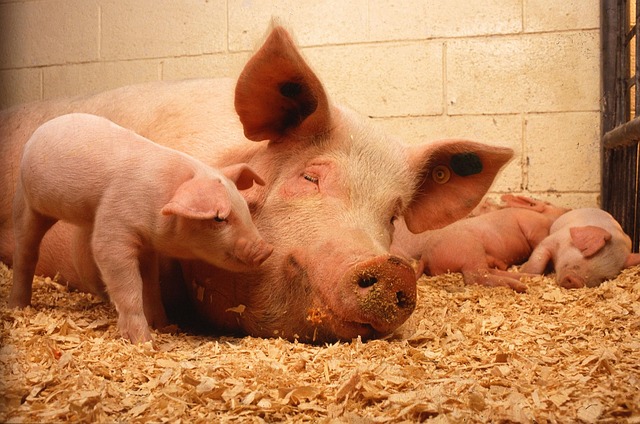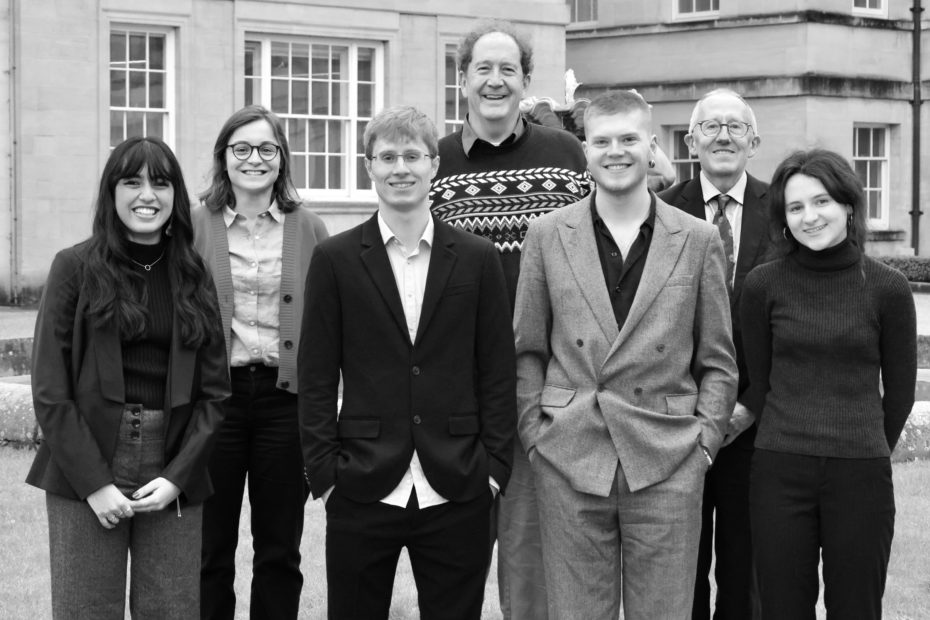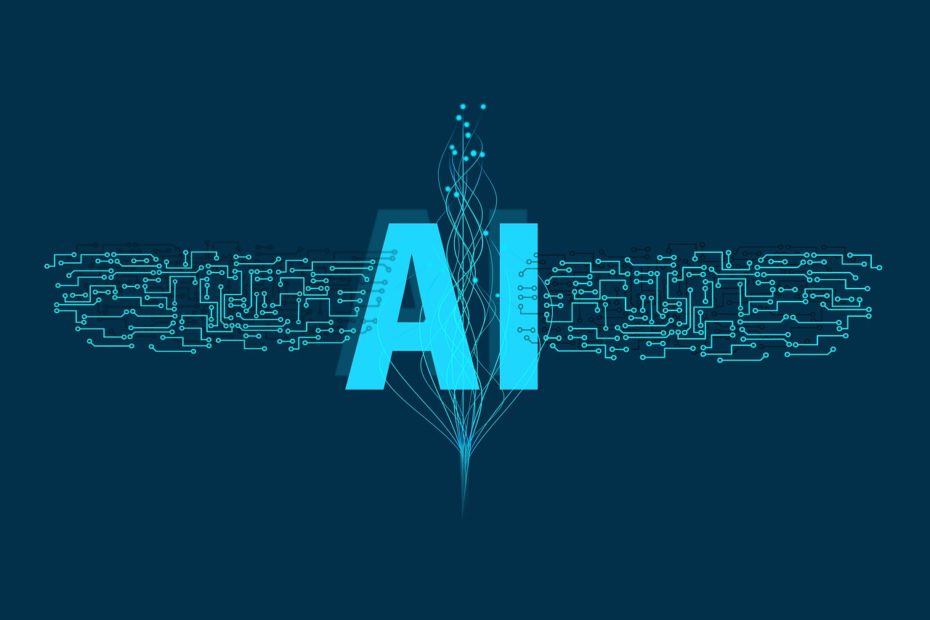Quasi-Refusal and Teens
by Dominic Wilkinson In an interesting legal case earlier this year, the court held an emergency hearing about the medical care of a 16 year old, recently diagnosed with acute leukaemia. The hearing, conducted remotely in the middle of the night, was to decide whether she should have medical treatment imposed against her wishes. Should an “intelligent… Read More »Quasi-Refusal and Teens










